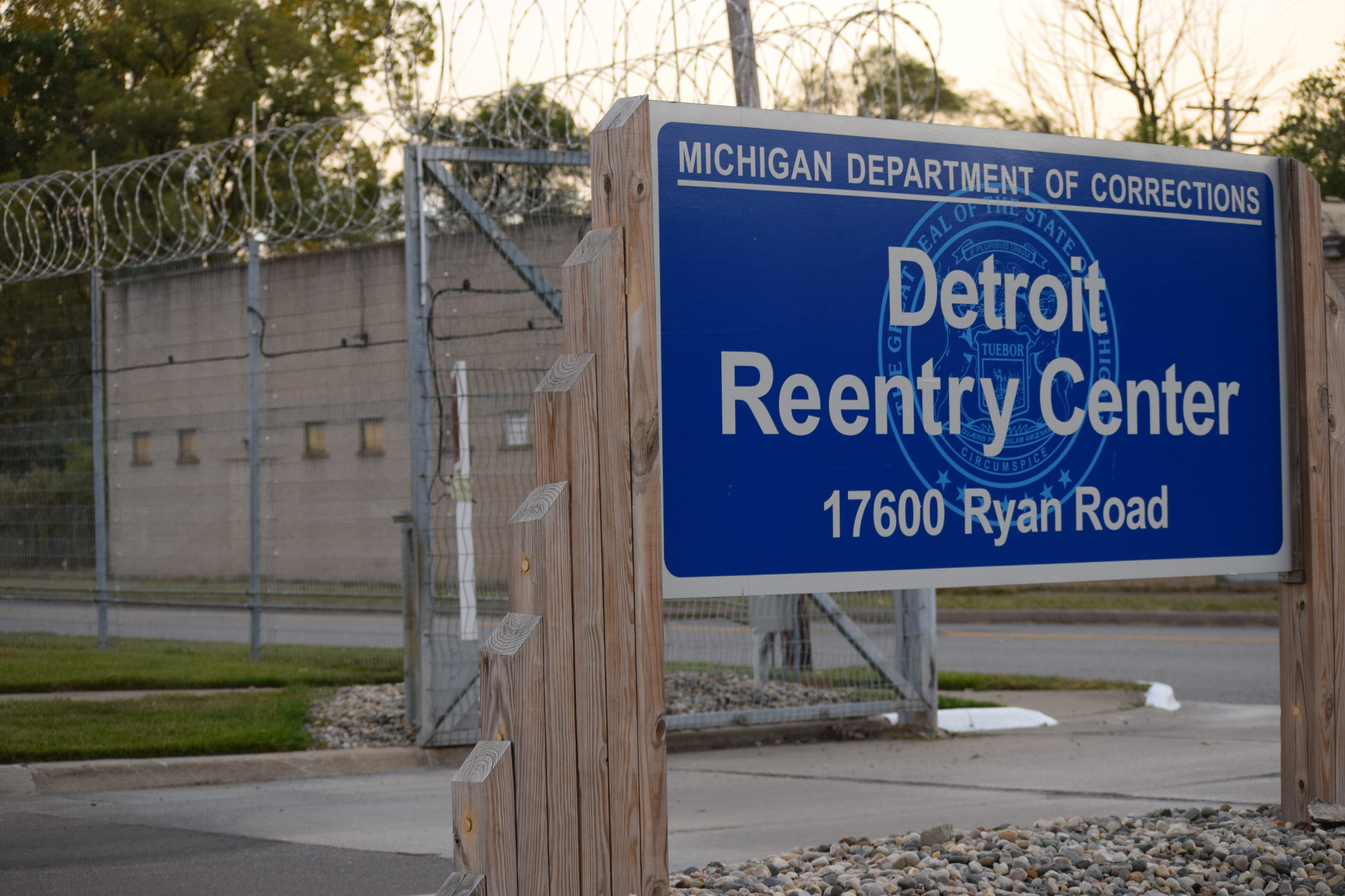New Wayne State University program creates college pipeline for formerly incarcerated individuals
 A new pilot program developed by Wayne State University social scientists aims to increase the success and economic mobility of formerly incarcerated individuals. Bolstered by a $200,000 grant from the Michigan Justice Fund, the new program will clear a pathway from prison to higher education for those being released from correctional facilities.
A new pilot program developed by Wayne State University social scientists aims to increase the success and economic mobility of formerly incarcerated individuals. Bolstered by a $200,000 grant from the Michigan Justice Fund, the new program will clear a pathway from prison to higher education for those being released from correctional facilities.
The program will train an educational transition coordinator (ETC) to help those being released from prison navigate life after incarceration - including their transition to college.
College of Liberal Arts and Sciences (CLAS) Dean and Principal Investigator, Stephanie Hartwell, said the new program is about more than just the success and well-being of formerly incarcerated individuals.
"Incarceration has been found to negatively impact life chances and outcomes including socio-economic status, morbidity and mortality," said Hartwell. "The research is clear: Access to education is unequivocal in its ability to reduce recidivism and improve outcomes. This new program will not only help those individuals but their families and communities as well. The potential impact is vast."
Program participants will be recruited anywhere from three months prior to or up until the day of their release. The ETC will target high-volume parole release facilities, such as the Parnall and Cotton Correctional Facilities, within the Michigan Department of Corrections.
Upon release, a coordinator will navigate the formerly incarcerated to an individualized higher education pipeline. The customized plan will be comprised of a network of community and educational supports including but not limited to healthcare, housing and transportation.
Additionally, coordinators will support individuals as they prepare for student life, whether it's at a community college or WSU.
This new program is just one of several CLAS initiatives aimed at supporting formerly incarcerated individuals and surrounding communities. In the summer of 2022, CLAS will welcome Detroit families impacted by incarceration to campus for a day of tours, lunch and hands-on learning.
For more information on these developing programs, contact clas@wayne.edu.
An initiative of the Community Foundation for Southeast Michigan, the Michigan Justice Fund seeks to help stem the flow of individuals into the criminal justice system, support the investment of public dollars to community-driven alternatives to incarceration and ensures that those returning home after incarceration receive the support they need to flourish.